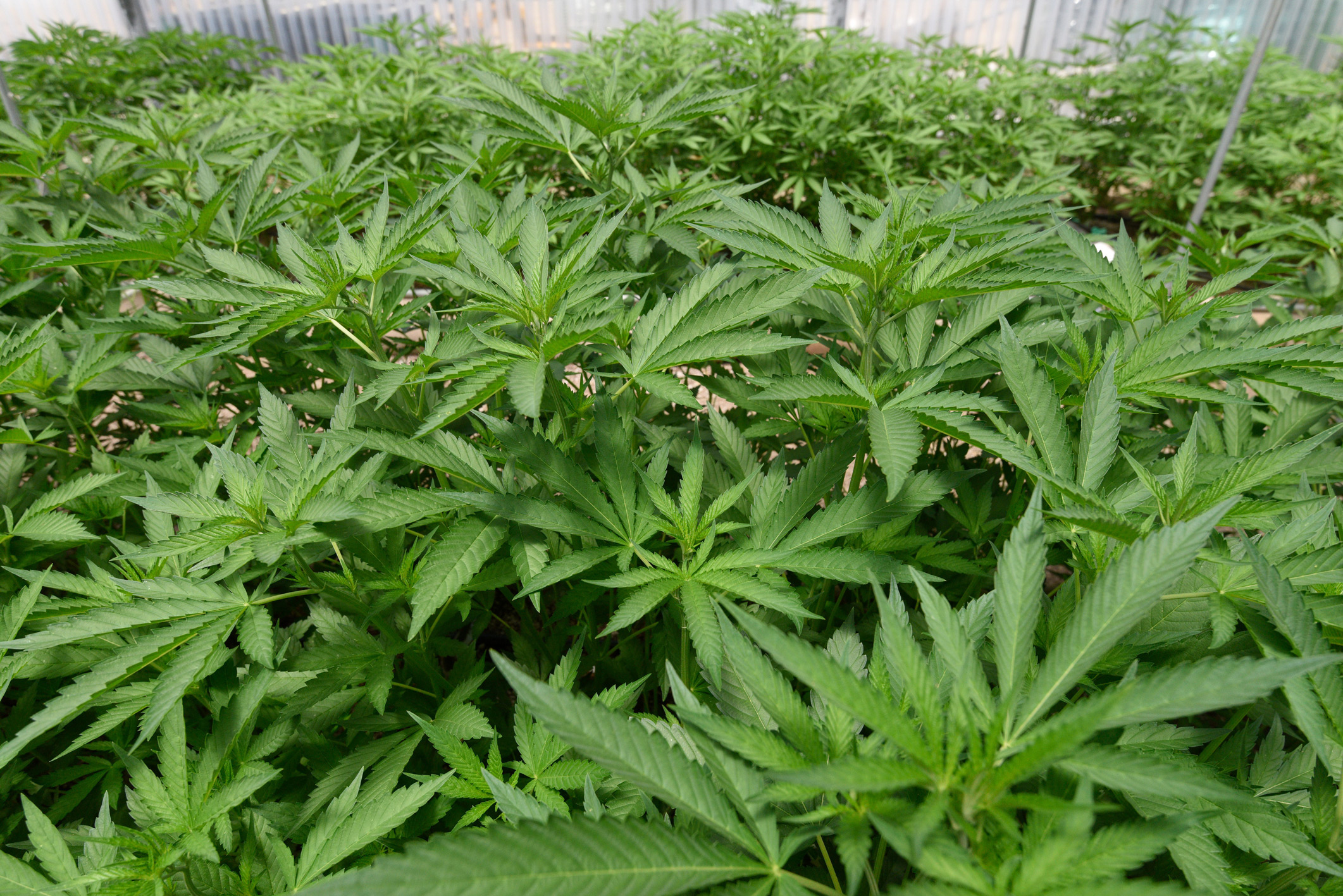Laughable Cannabis Claims
Repulsive Cannabis Odors Smell Like Candy?

I laughed my way through the self-promoting article “Good Farmers Can Be Good Neighbors,” especially the last statement where the writers, John De Friel and Sara Rotman, voice the whopper-of-all-fibs: “The community-at-large stands in support of Busy Bee’s Organics and other local independent farmers.” This is so patently false and disturbing; they nakedly attempt to mischaracterize the vast majority of “neighbors” who are, in fact, fighting them tooth and nail to keep their personal quality of life due to the wreckage cannabis farmers are imposing upon our neighborhoods, schools, homes, and the very air we smell and breathe.
How preposterous is their euphemistic rebranding of the numerous negative impacts of their pot farms on residents: “sustainable,” “healthy,” “best practices.” Their actual practices: insensitive, steamrolling, polluting, delayed completion of applications, operating under the radar, not reporting earnings, dodging taxation, posing as victims at public meetings, and, of course, derogatively labeling anyone who calls for balanced cannabis regulations.
Even the stinky, skunky smell is now rebranded as “aromatic emissions” that smell like “berries, citrus, or candy.” Does anyone really think that the repulsive odor residents regularly complain about while driving through Carpinteria smells like candy? Well, maybe if you’re driving high!
Another outrage of the “good neighbor” fallacy is that long-established food-producing farms can no longer freely perform their routine crop-spraying maintenance. Consider the self-centered audacity of the cannabis newcomers, who force their way into an established agricultural community, simultaneously demanding that lifelong local farmers suddenly adapt their normal practices to the needs of the pot industry! Commercial avocado sprayers now refuse to spray because they fear “overspray” lawsuits from the well-funded cannabis industry. Who was here first? Who’s looking out for the avocado farmers? This is not what anyone would call a “good neighbor.”
Maybe, if like the pot industry, the avocado growers had $62,000 to contribute to Das Williams, things might be different for them. And why have the supervisors been so quick to give preference to pot over food? Why didn’t they mandate large buffer zones between pot and food-producing agriculture and the places where people work and live? Why weren’t regulations in place first? So many obvious questions. Unfortunately, Williams recklessly promised the moon and is now haplessly unable to right the wrongs that he created.
Another major fallacy is that the pot odors do not leave pot properties. They certainly do, and in fact, this is the problem. The growers don’t have air-filtration systems to effectively keep odors on their properties and don’t know if/when they will ever have such technologies. Big problem! Carpinteria has become the testing ground for air filtration – how backward!
The supervisors authorized permits before requiring odors to be under control. Additionally, the majority of illegal growers aren’t under any regulations because our supervisors have allowed them to operate while they consider whether they want to comply with regulations. Should we also allow companies to build homes and apartments first and then apply for permits afterward? That’s exactly what our county is sanctioning. When neighbors call in complaints, the county informs them that there is nothing that can be done because the particular pot grower does not yet have a county permit. In what universe does this make sense?
Cannabis farmers, your tiny minority is not qualified to speak for the community-at-large, nor the will of local citizens. You are not the voice for either. We the people will continue to speak up for ourselves and for truth.



